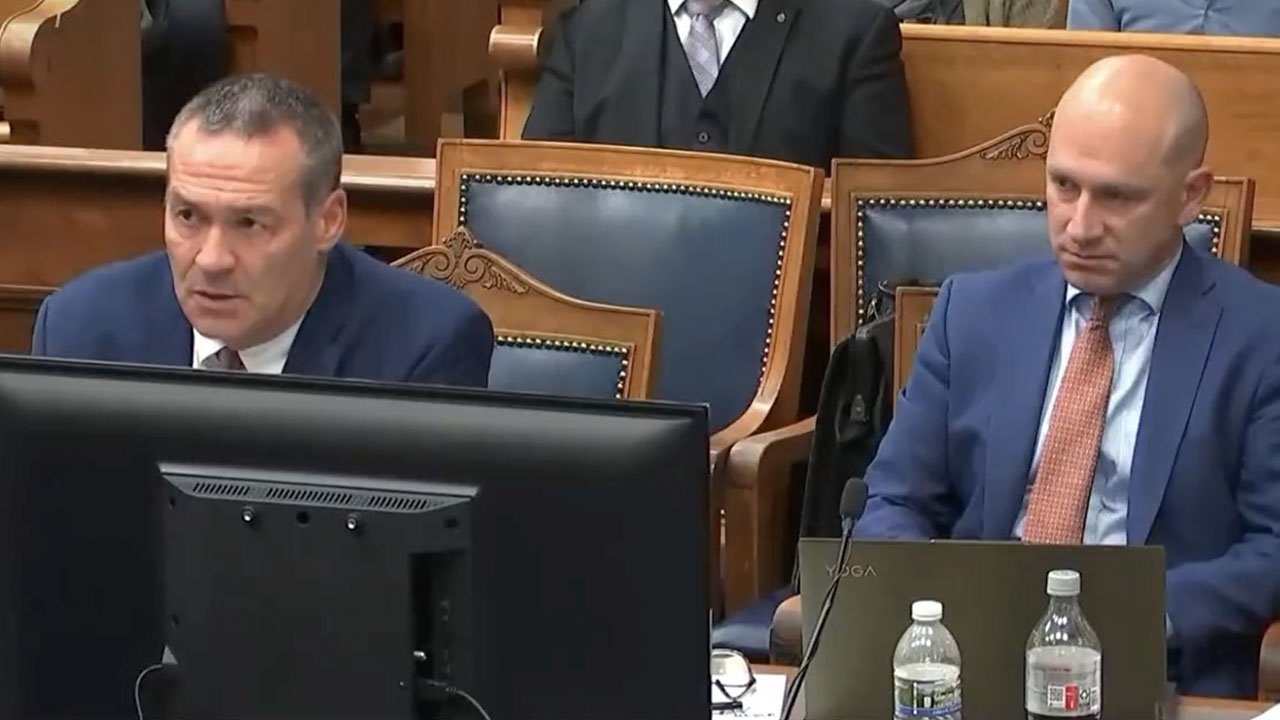Defense in Kyle Rittenhouse trial argues Apple 'AI' manipulates video footage
Last updated
Mark Richards, attorney for Kyle Rittenhouse, on Wednesday objected to the playback of surveillance footage on an Apple iPad during trial proceedings, saying the presentation can't be trusted because on-board artificial intelligence manipulates video to "create what they believe is happening."
Rittenhouse, 18, is on trial for shooting and killing two demonstrators and injuring a third at a racial justice protest in Kenosha, Wis., in 2020. Charged with homicide, attempted homicide and reckless endangerment with a deadly weapon, the teen maintains his innocence and says he acted in self defense.
In cross-examination of Rittenhouse today, assistant district attorney Thomas Binger was preparing to present footage showing the teen fatally shoot Joseph Rosenbaum, reports The New York Times. Richards objected, saying Binger planned to use iPad's pinch-to-zoom feature to zoom in on parts of the video, potentially distorting the image.
"iPads, which are made by Apple, have artificial intelligence in them that allow things to be viewed through three dimensions and logarithms," Richards said, according to in-court video posted to Twitter by The Recount. "And it uses artificial intelligence, or their logarithms, to create what they believe is happening. So this isn't actually enhanced video, this is Apple's iPad programming creating what it thinks is there, not what necessarily is there."
Beyond confusing algorithms with logarithms, Richards admitted that he does not understand the technology behind the supposedly biased iPad AI. Of course, Apple does not employ AI resizing algorithms that interpolate imagery in the way Richards suggests, and zooming features have been available on Apple's modern portables since the first iPhone. In fact, Steve Jobs wowed the crowd when he first presented pinch-to-zoom on the original iPhone in 2007.
Binger argued that jurors would understand the process of zooming in on images using mobile device, as the practice is common. Further, he said that zoom operations do not impact the integrity of an image, The Times reports.
Responding to Richards' objection, Binger argued that the defense should provide expert testimony if it disagreed with the iPad replay. Judge Bruce Schroeder, however, said the burden fell on the prosecution to prove that zooming in does not alter video footage.
"Is the image in its virginal state?" Judge Schroeder asked, according to the report.
Following the back-and-forth, the judge denied the prosecution's request for adjournment and ordered a 15-minute recess, during which time he suggested Binger find an expert to testify on zoomed-in video's veracity.
 AppleInsider Staff
AppleInsider Staff








 Amber Neely
Amber Neely
 Thomas Sibilly
Thomas Sibilly

 William Gallagher
William Gallagher
 Malcolm Owen
Malcolm Owen
 Christine McKee
Christine McKee









